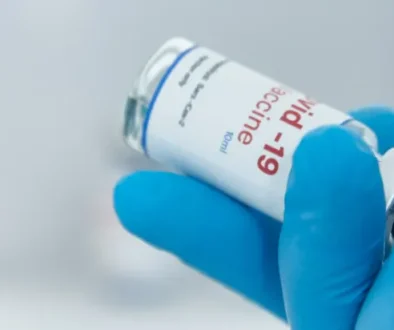How to Discuss Erectile Dysfunction with Your Doctor
Introduction: Addressing Erectile Dysfunction
Erectile Dysfunction (ED), also known as impotence, is a common yet underdiscussed health issue. It occurs when a man has consistent difficulty achieving or maintaining an erection sufficient for sexual intercourse. The condition is often indicative of underlying health concerns that need immediate attention. Therefore, it is crucial to have open and honest discussions about ED with your doctor. Although it may feel uncomfortable or embarrassing, remember that physicians are professionals who are there to help, not judge.
Understanding Erectile Dysfunction
Erectile dysfunction can be a result of various factors, including both physical and psychological issues. Physical causes may include heart disease, diabetes, and obesity, while psychological issues may involve stress, anxiety, and depression. Notably, ED can also be a side effect of certain medications or treatments. It’s essential to understand these potential causes as it can help decipher the most effective treatment options during the discussion with your healthcare provider.
The Prevalence and Impact of Erectile Dysfunction
ED is more prevalent than many realize. According to the Urology Care Foundation, ED affects approximately 30 million men in the United States. As men age, the likelihood of experiencing ED increases, with nearly half of all men over 75 experiencing the condition. The impact of ED goes beyond physical health and often affects emotional wellbeing and relationships. Hence, it is crucial to seek help and address the issue rather than keeping it under wraps.
Preparing for Your Doctor’s Appointment
Before consulting with your doctor, it can be beneficial to gather all relevant information related to your symptoms. This includes any pre-existing health conditions, medications or supplements you’re currently taking, and any significant lifestyle changes that might affect your overall health. Also, note down the frequency and duration of your erectile issues, as these details can help your doctor determine the severity of your condition.
Gathering Relevant Information
In addition to your medical history and symptoms, you should also be prepared to discuss any emotional or relationship stressors that could be contributing to your condition. Remember, ED is often intertwined with mental and emotional health, and providing a comprehensive picture will ensure the best possible care.
Developing a List of Questions
It’s also useful to come prepared with a list of questions to ask your doctor. You might want to know more about potential causes, available treatment options, lifestyle modifications that can help, or any potential side effects of prescribed medications. Having a list of questions at hand can ensure you get the most out of your appointment.
Initiating the Conversation About Erectile Dysfunction
Discussing such a personal issue may seem daunting, but it’s essential for your health and wellbeing. Choose a time when you’re not rushed or distracted and ensure that you’re in a comfortable and private setting. Remember, your doctor is there to help, not to criticize or embarrass you.
Choosing the Right Time and Setting
To make sure you have the right setting for discussing your concerns, you might want to request a longer appointment or speak to your doctor privately at the end of a regular check-up. Such scenarios would provide a more relaxed environment and give you the chance to cover all your concerns without feeling rushed.
Using Clear and Direct Language
When discussing your symptoms, avoid using euphemisms or vague language. Be clear, direct, and honest about your issue. Remember, using precise language can help your doctor better understand your condition, leading to more accurate diagnosis and treatment. It’s crucial to be open about your sexual habits, mental health, and any other relevant factors, as these all contribute to your overall health and wellbeing.

